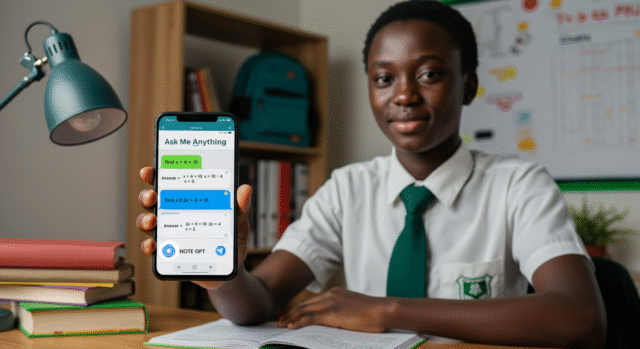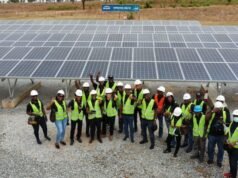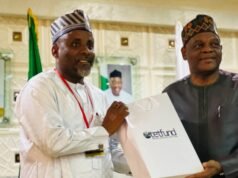As artificial intelligence (AI) reshapes the world, Nigeria’s education system stands at a crossroads. The chatter is everywhere—from university lecture halls to government offices, from tech hubs to social media feeds: AI is coming, and education must catch up. But while the enthusiasm is palpable, there’s a deeper conversation that needs to happen, one that goes beyond simply adopting the latest tools.
Table of Contents
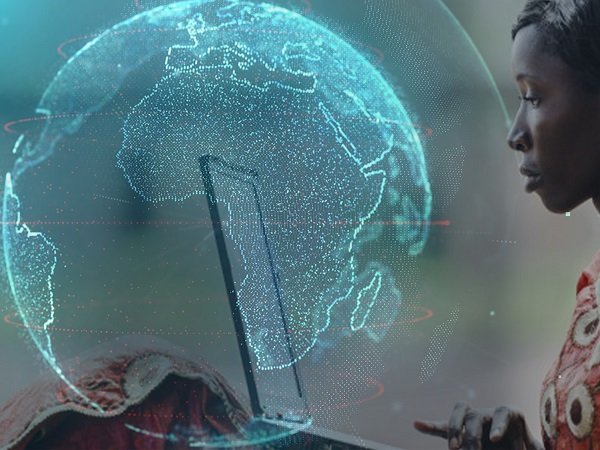
The Promise of AI in Nigerian Schools
AI has the potential to revolutionise learning in Nigeria. Advocates argue that integrating AI into classrooms can improve lesson delivery, personalise learning, and even automate assessment. The Federal Ministry of Education has been vocal about incorporating AI and other digital technologies into the education sector, highlighting strategic roadmaps aimed at creating an “AI-ready” generation. The vision is clear: equip students with the skills to thrive in an increasingly digital and automated world.
Across the globe, similar strategies are underway, with policymakers and educators recognising AI’s role in the new industrial revolution. For Nigeria, the stakes are high. Ensuring that students understand, interact with, and even create AI solutions could be the difference between participating in global innovation or being left behind.
Navigating the Risks: Cognitive and Ethical Challenges
While the promise of AI is exciting, it is not without pitfalls. Psychologists and educational researchers warn that overreliance on AI tools may stunt cognitive development. By delegating critical thinking tasks to AI, students risk losing the “mental friction” necessary for problem-solving and analytical reasoning—a phenomenon some scholars describe as Technology-Induced Cognitive Diminishment (TICD). Studies have shown that heavy use of AI can reduce brain engagement, affecting linguistic, behavioural, and neural outcomes.
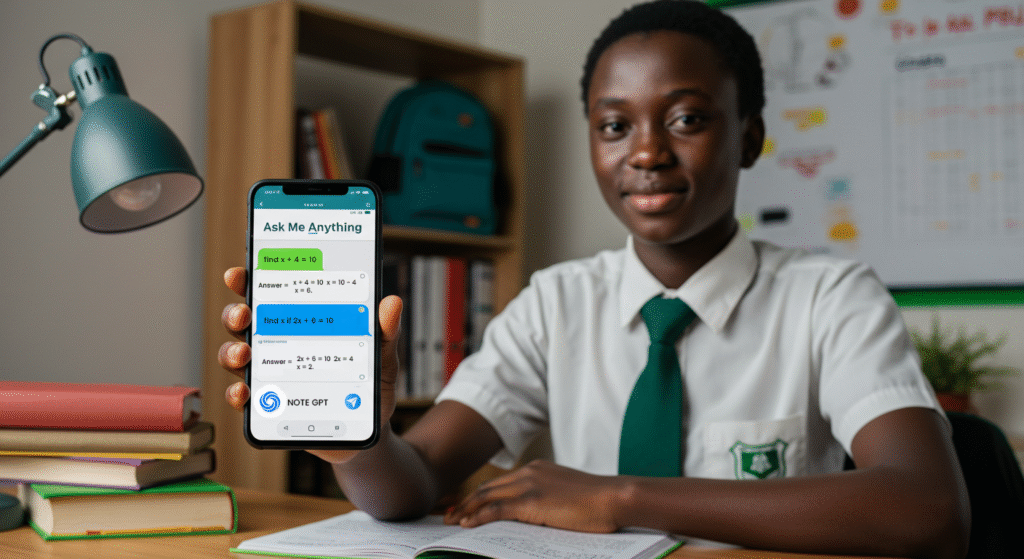
Another pressing concern is the reliability of AI-generated content. AI hallucinations—when systems produce incorrect or misleading information—are already causing tangible problems. For example, in Australia, an AI-assisted report for the government was riddled with errors, leading to refunds and reputational damage. In Nigeria, unchecked use of AI could compromise educational quality, highlighting the need for careful oversight and critical evaluation.
Equity remains a critical issue. AI’s benefits are contingent on access to electricity, internet, and digital infrastructure, which are unevenly distributed across Nigeria. Without deliberate measures to address these gaps, AI could inadvertently widen existing educational inequalities rather than bridge them.
Localising AI: Cultural and Contextual Relevance
Beyond cognitive and technical concerns, there is the question of relevance. Most AI systems today are trained on Western data, limiting their understanding of African contexts. Introducing these tools into Nigerian classrooms without adaptation risks marginalising local knowledge, cultural values, and African educational priorities. To align with Africa’s Agenda 2063, which envisions an education system rooted in African realities, AI must be localised and contextualised.
This is not just about technology; it’s about identity. Educators must ask: How can AI support local languages and content? How can it strengthen, rather than erode, indigenous knowledge? The answers will determine whether AI becomes a tool for empowerment or a vector for cultural dilution.
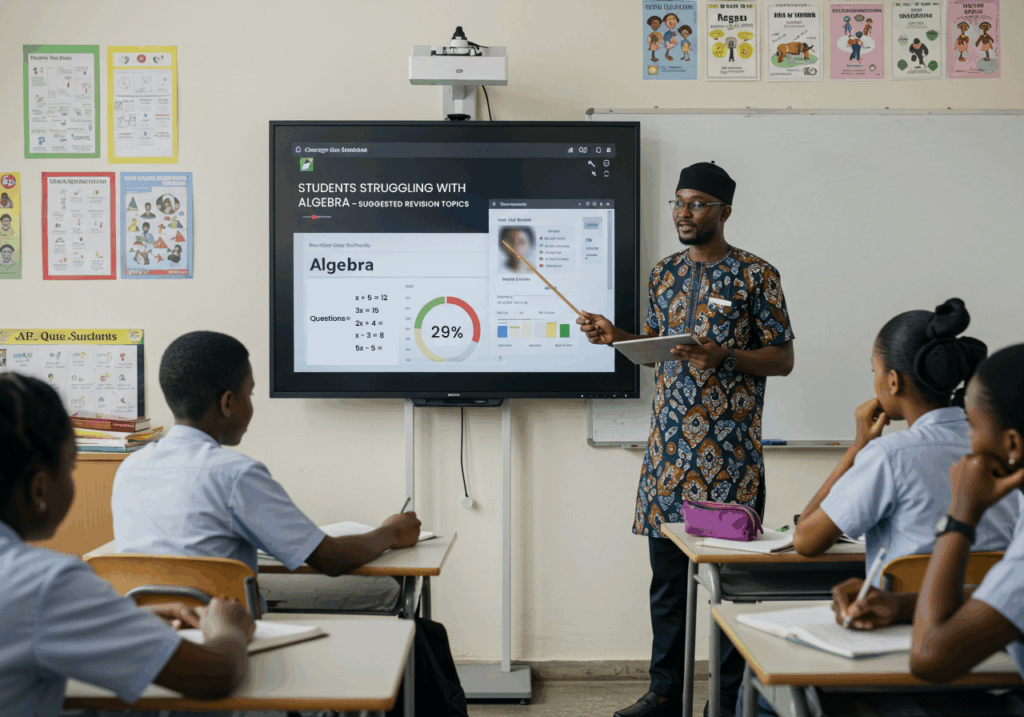
Towards a Nuanced National Dialogue
The conversation around AI and Nigerian education has been largely one-sided—focused on adoption and efficiency. What is urgently needed is nuance. Policymakers, educators, and technologists must engage in a holistic discussion that addresses cognitive, ethical, and cultural dimensions. Responsible integration of AI requires safeguarding student data, preserving intellectual independence, and ensuring that AI complements rather than replaces human thought.
In practical terms, this means designing AI policies that promote critical thinking, contextual relevance, and equitable access. It means training teachers not only to use AI but to question it, to validate it, and to guide students in using it responsibly. And it means recognising that the conversation about AI in Nigerian education is not just about technology—it is about the future of learning, culture, and opportunity in Nigeria.
Nigeria stands at a pivotal moment. AI is not just a tool; it is a force that will shape the next generation of thinkers, innovators, and leaders. Engaging with it thoughtfully, critically, and contextually is not optional—it is essential. The conversation we should be having is not merely about AI adoption; it is about ensuring that Nigerian education prepares students to navigate, shape, and thrive in an AI-driven world, without losing sight of the cultural and cognitive foundations that make education meaningful.
Join Our Social Media Channels:
WhatsApp: NaijaEyes
Facebook: NaijaEyes
Twitter: NaijaEyes
Instagram: NaijaEyes
TikTok: NaijaEyes
READ THE LATEST EDUCATION NEWS


